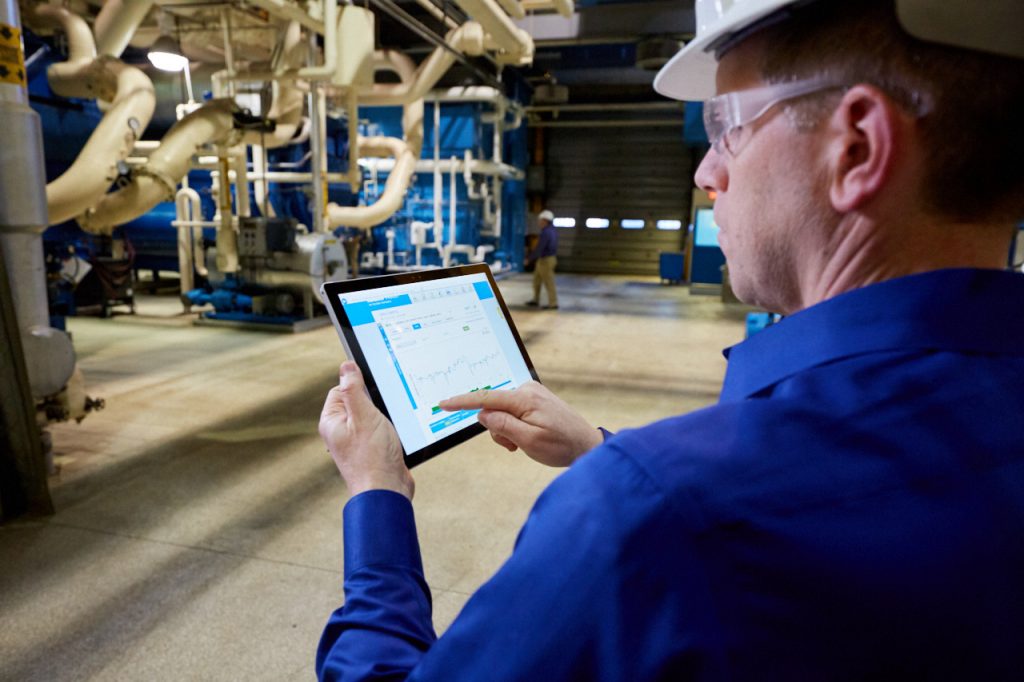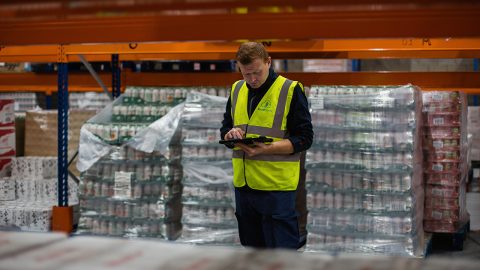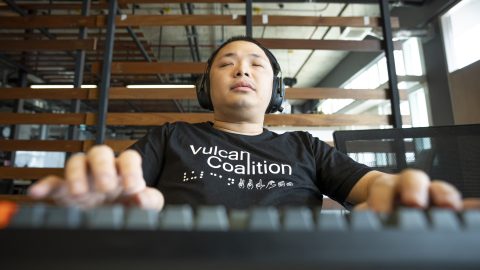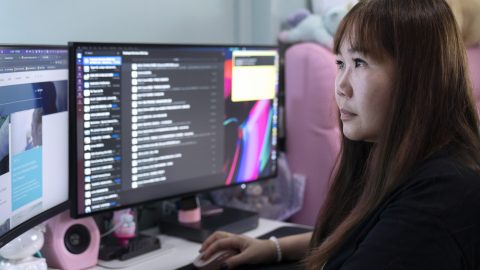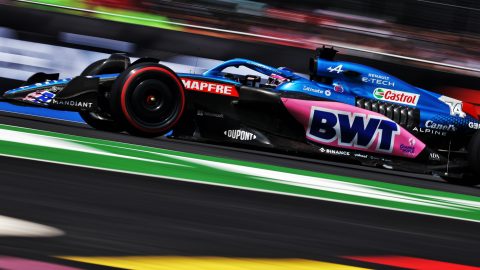In 2017, we shared stories about Microsoft customers who are helping to change the world, the game – and even your beer
Over the past year on Transform, we shared dozens of our customers’ stories of evolution and innovation, from a trail-blazing entrepreneur devoted to sustainable farming to a junk-hauling franchise dedicated to employing veterans and their families to a professional football team using data to help players recover from injury.
“I am inspired every day by how our customers are embracing digital transformation to create lasting value,” says Judson Althoff, executive VP for worldwide commercial business. “At Microsoft, nothing is more important than the success of their transformation, which is why we are committed to partnering at every step of their digital journey. We can’t wait to see what innovations 2018 brings.”
Here are some of our favorite examples of companies who are improving the lives and experiences of their customers, partners, employees and fans.
Fresh water is a vital resource, and as the world population swells, the massive need for water in manufacturing, agriculture and urban development is outpacing availability. By 2030, demand will exceed supply by 40 percent, according to one estimate.
Ecolab, an international company dealing with water, hygiene and energy technology, has many customers that can’t avoid using water to create their products. But it’s harnessing data to help them use less of it.
Using Microsoft’s Azure cloud services, Ecolab is capturing 27 billion data points from one million customer facilities worldwide each year. It’s harnessing that data to help those customers improve efficiency, saving more than 140 billion gallons of water per year. The goal is to preserve 300 billion gallons of water per year by 2030, meeting the drinking needs of 1 billion people.
“One of the best things the cloud has provided us is being able to take massive amounts of data and turn it into more actionable intelligence,” says Julie Lindley, Ecolab marketing director. “So [customers] can make better cars, milk, steel or paper while using less water.”
The Michigan furniture company with more than 11,000 employees and annual revenue of $3 billion is using sensors and Azure’s Internet of Things (IoT) services to help measure office workers’ focus, provide spaces that promote creativity and teamwork and boost workplace well-being.
Steelcase also has used anthropological data to co-design a new suite of Creative Spaces for the workplace. Conceived in partnership with Microsoft, each space integrates Surface devices and the capabilities of Windows 10 and Office 365, helping people tap their inner innovators on the job.
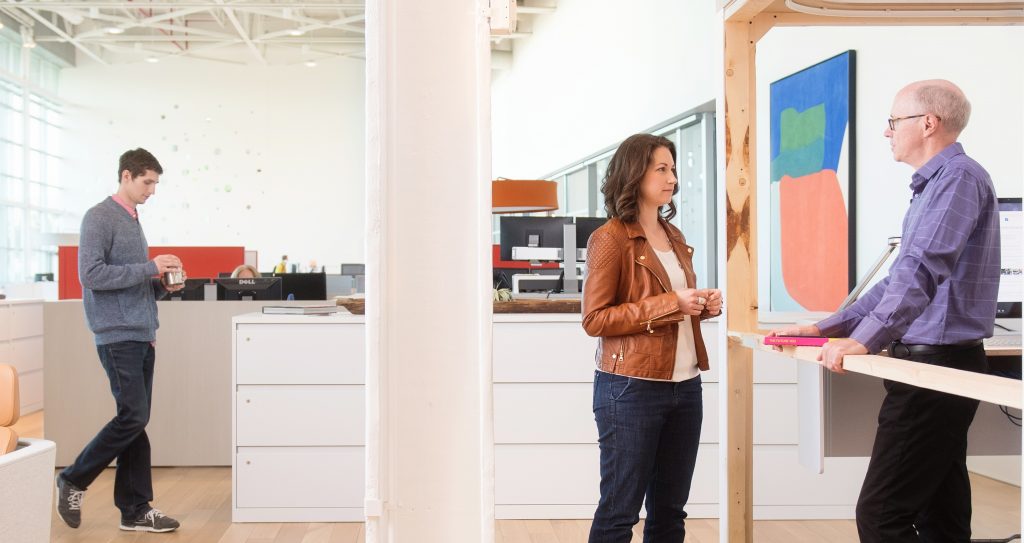
CEO Jim Keane and his staff are working to design the ideal office, a process that has taken many months of tweaking and experimentation. Steelcase researchers, with expertise in psychology, sociology, material science and other topics, are studying how to measure focus, how to boost a sense of workplace well-being and how to encourage creativity while promoting privacy. When perfected, the office will offer a precise balance between concentration and collaboration, visibility and solitude.
Spain’s top professional soccer league has partnered with Microsoft to let 1.8 billion social-network fans personalize their interactions, specifying their rooting interests and then accessing only the most relevant content, including videos and stats on their favorite teams or players.
Microsoft is helping LaLiga give fans info on what their favorite players are doing between games and helping assess player resilience, speed and capacity during games. Through varied digital channels, fans can connect with other LaLiga backers worldwide, creating interconnected communities.
“The predictive aspect and business intelligence offers a synergy that is important for our future,” says LaLiga president Javier Tebas. “Soccer is part of Spanish culture. That is part of the social life in this country.”
WaterForce, a New Zealand water-management firm, worked with Schneider Electric and Microsoft to use Azure IoT services in creating SCADAfarm, a cloud-based, mobile system to monitor and control irrigation. It lets farmers start and stop individual irrigation devices, at the same time it logs data about an irrigation system’s pressures, levels and flows.
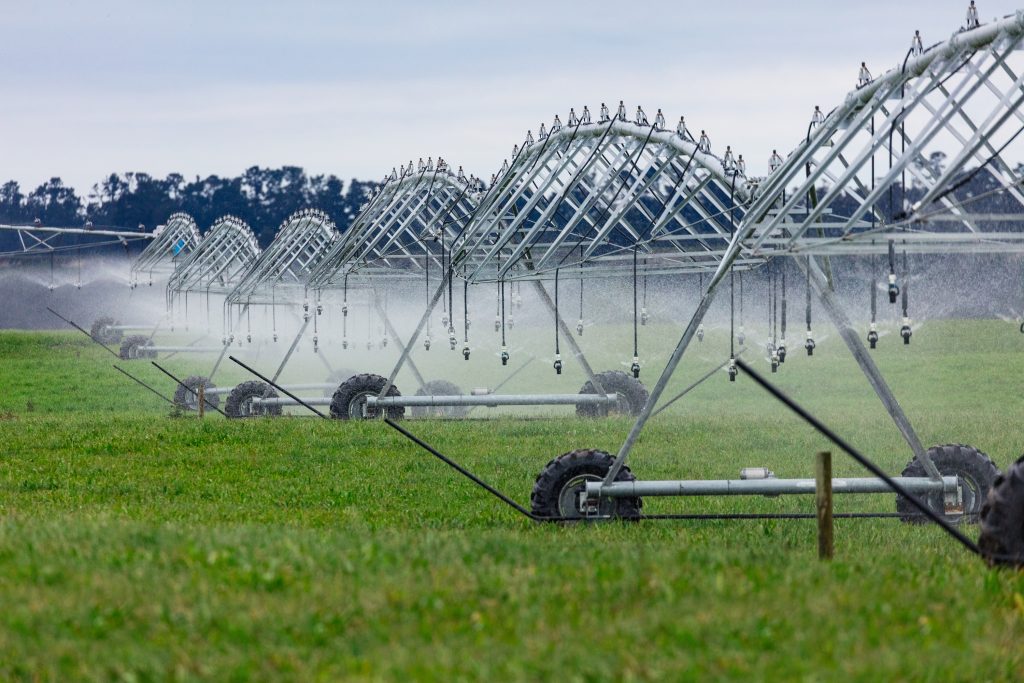
New Zealand rancher Craig Blackburn says SCADAfarm saves him hours of driving around his property manually adjusting valves, cuts water and power costs and increases fodder-crop yields.
The mobile, cloud-based solution is transforming agriculture with remote controls and advanced analytics, and empowering the global movement of sustainable farming to conserve resources. Agriculture uses 70 percent of the world’s available fresh water, a shrinking supply with a growing demand.
At Deschutes Brewery in Bend, Oregon, the recipe for delicious craft beer includes whole hops, malted barley, creativity — and a big dose of data science. By combining the art and passion of beermaking with cloud computing and artificial intelligence, the brewery is innovating a new way to produce consistently good beer on a large scale.
To maximize output and ensure quality, Deschutes uses a solution called PI System, which ingests real-time data on temperature, pressure, flow rate, fermentation and other information in the brewery. Developed by software company OSIsoft, the system delivers data to Microsoft Cortana Intelligence Suite for predictive analytics that saves time and increases fermentation capacity. PI Systems accommodates natural variations in hops and barley, needed adjustments for taste and aroma and different brewing requirements for each beer.
“I think there can be a misconception that as automation increases, creativity and artistry decrease,” says assistant brewmaster Sean Garvin. “The artistry and technology work hand in hand to create better beer.”
The United States’ most popular auto-racing organization is using a race-management app running on Windows 10 that combines video and positioning to identify exactly where any race car is located on the track at any given second. Race officials can click on a car number and instantly see the driver’s position, as well as learning when the car last got fresh tires and is due for a fuel stop.
Traveling from city to city for races, NASCAR employees keep in touch through Microsoft SharePoint, which offers a secure place to store, share, organize and access information from almost any device.
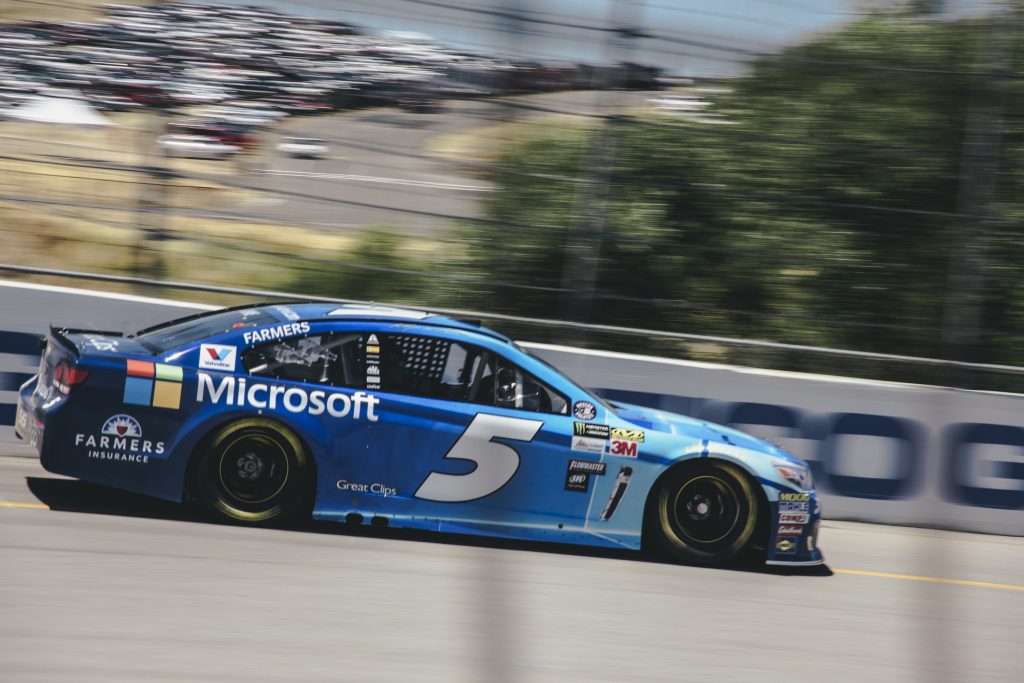
Decades of innovation in motor sports have helped lead the tech boom now rumbling throughout the larger sports landscape, from soccer to golf to high school football. It is a milestone moment, experts say, as more leagues, teams and competitors apply tools like Azure Machine Learning and Microsoft artificial intelligence solutions to achieve a singular goal: winning.

